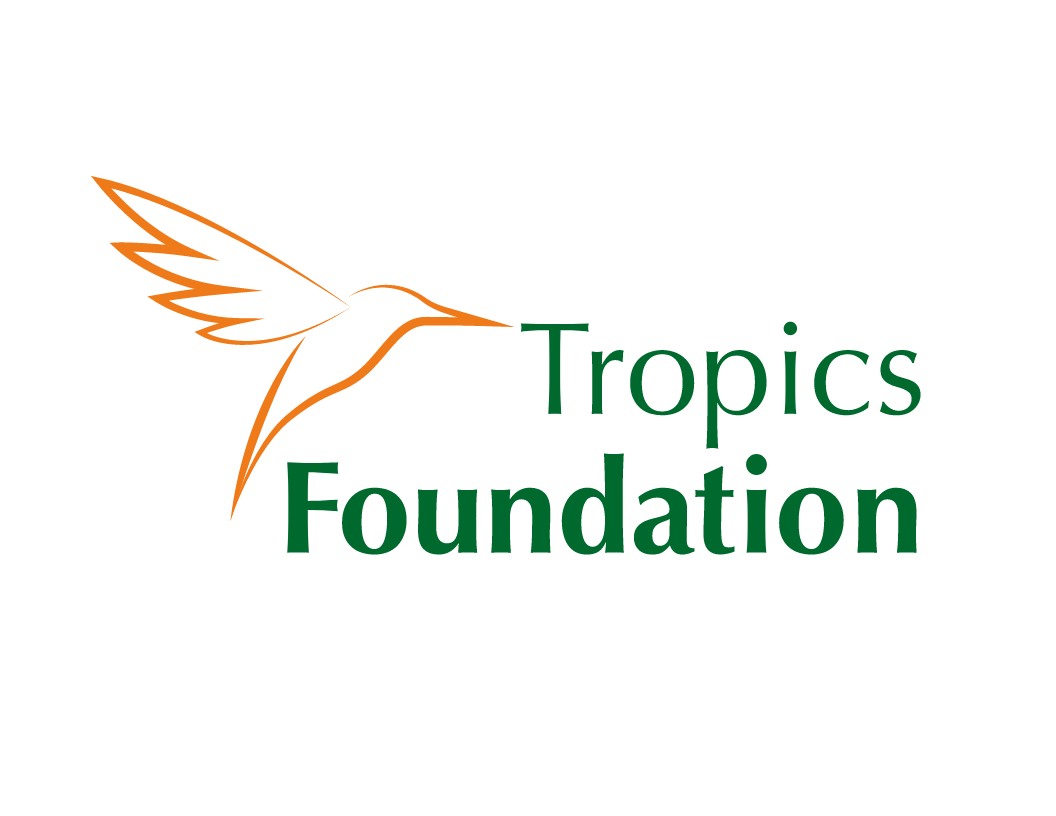CATIE houses an inventory of seeds that will combat food insecurity in the face of climate change
Written by Katie Modic (some excerpts taken from a publication in La Nacion)
CATIE’s seed cooler where over 6,201 samples of seeds are stored at -20°c
Turrialba, Costa Rica - In the heart of the jungle mountains of central Costa Rica there is a treasure trove of seeds that has been collected and stored for decades in order to combat a food crises in the face of climate change.
The Tropical Agricultural Research and Higher Education Center (CATIE), located near the town of Turrialba, is 60 km from the country’s capital of San José. Since 1976, CATIE has accumulated 6,201 samples of seeds from 14 botanical families, 61 genera, and 125 species, making it the second largest collection in the world!
“A genebank is a resource for current and future use. In the case of orthodox seeds, it is mainly made up of material that will be stored in the cold, and in the case of other crops, such as fruit trees, with live plants in the field," explains William Solano, CATIE’s plant genetic resources researcher. “These seeds, which can be stored at low temperatures for up to 40 years without being damaged, can be used in research, genetic improvement or supply.”
Inside the cooler, hundreds of silver envelopes are stacked on shelves with seeds of different types of corn, beans, chilies, tomatoes, and pumpkin. A food reserve whose samples can be requested by anyone to make use of for planting, studying, or purchasing, all together the CATIE collection has seeds from 57 countries, 90% from Mesoamerica.
Daniel Fernandez, one of the agricultural engineers at CATIE, inside the seed bank cooler. (Photo credit - Ezequiel Becerral/AFP)
Food Security
Solano, 51, explains that they store varieties "that have adapted very well to humid areas or that are tolerating drought.” Therefore, these specimen are important materials for food security in the face of climate change.
The United Nations Food and Agriculture Organization (FAO) estimates that 9.2% of the world population suffered from hunger in 2022, some 735 million people, with increases in hunger experienced in Africa, Western Asia and the Caribbean.
Climate change increasingly affects crops, and this affects food production, which is why traditional seeds are essential to "provide sustainability to agri-food systems," says Solano.
"It is increasingly important in terms of climate change precisely because the variability that exists among native seeds gives them the ability to adapt to different conditions that may be prevailing at any given time," shared seed expert Ester Vargas, from the University of Costa Rica. The 36-year-old researcher sees seed banks as a guarantee of "availability" for future food crops of high nutritional value.
Display case showcasing seed varieties outside the CATIE cooler (Photo Credit - Katie Modic)
Better Varieties
In addition to the vital function of repopulating in the event of the disappearance of species, the Catie seed bank also works as a genetic archive of species that, due to the introduction of modified seeds to increase crop productivity, have disappeared from farmland crops.
Catie agronomist Daniel Fernández shared, "Our seeds gather a great deal of genetic information that determines characteristics that we can observe, such as different fruit colors, sizes, flavours, and other conditions.”
When modified seeds hit the market producers put aside the traditional ones because the modified ones "were a solution to the problem of low yield in production; they gave resistance to pests and diseases."
For this reason, says Daniel, “it is critical that we collect and save seeds from around the world in case it becomes necessary to "repatriate" them.” A high percentage of conserved germplasm is no longer in the collection sites for the same reason that producers have been putting aside their local varieties and have replaced them with genetically modified varieties," he laments.
Partnerships for Progress
This August, Dr. Carla Natalie Barnett, Secretary-General of CARICOM (Caribbean Community), visited the CATIE campus to learn about the institution's work and identify areas of cooperation.
Dr. Carla Natalie Barnett, Secretary General of CARICOM, and her delegation visit the CATIE seed bank in August, 2023.
During the visit, senior officials had the opportunity to learn about some of the research carried out by CATIE in various fields and how the results are used to achieve transformative changes in food systems, including work on food security and nutrition, sustainable and low-carbon livestock systems, genetic improvement of coffee and cocoa, sustainable agroforestry systems, adaptation and mitigation to climate change, sustainable water harvesting, economic valuation of ecosystem services, and climate financing.
Dr. Barnett and her delegation were particularly interested in the pumpkin seed collection housed at CATIE as they are looking for ways to support the farming community in the Caribbean who are looking for diversity in varieties.
She also emphasized that the problems in the islands of the Caribbean are not very different from those in the Central American Caribbean. "Environmental problems, soil quality issues due to saltwater, erosion problems, and all those things are common, and therefore, we want to work with institutions like CATIE, where we can share experiences, knowledge, learn from each other, and work together more effectively," she commented.
The Cost of Conservation
It costs roughly $50,000.00/year to maintain CATIE’s seed collection; the primary cost being the necessity to store the seeds at a consistently low temperature. The Tropics Foundation is committed to supporting this strategic initiative and to save the future of seeds for generations to come. To join in, contact TTF’s Development Officer, Katie Modic (katie.modic@catie.ac.cr)!





















